GHENT
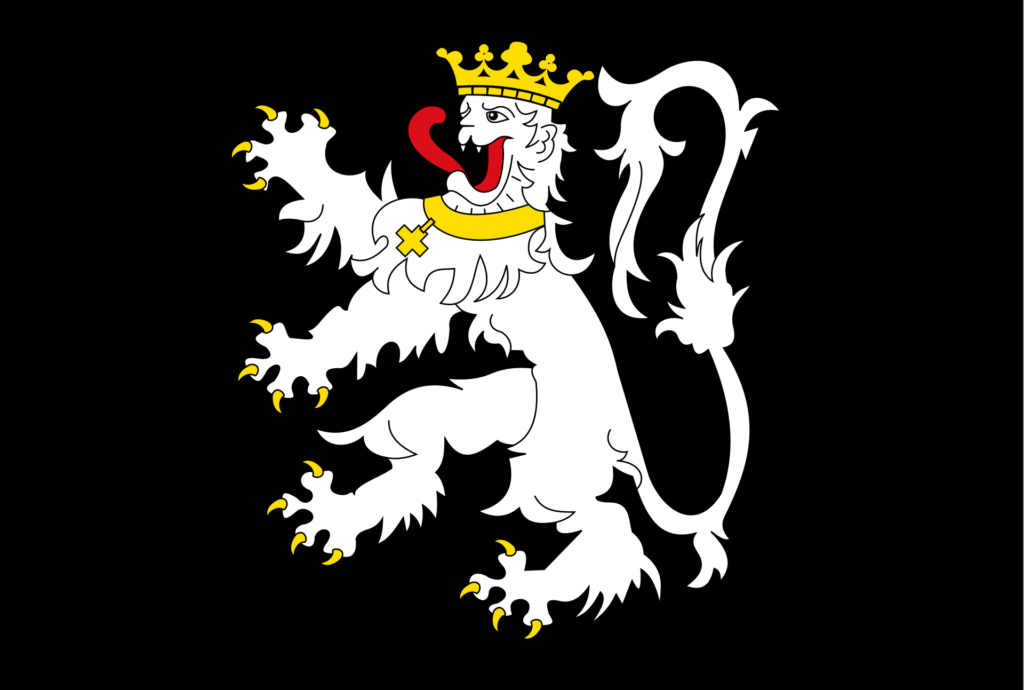
Ghent is the third largest city of Belgium, and it is located in the Flemish Region, it is a port and a university city. In 2019 the city registered 262,219 inhabitants. Ghent saw a great and quick development in recent years. For the scope of the project it’s relevant underlining that the urban regeneration opened the way to explore different approaches to community involvement and participation
The background
Ghent has a long tradition in participative approaches. Policymakers integrate a bottom-up approach in planning and decision making processes. We have a policy participation service with 20 neighbourhood managers, who aim to create more livable social and sustainable districts. The city has participated in several innovative European projects.
1. The starting point
From Weak to Moderate
In 2018, the city was planning to buy the Saint Jozeph church and “give it back” to the neighbourhood citizens. Ghent decided then to participate in the URBACT project Civic eState, concerning the co-management by the city and its citizens of city assets and chose the Saint Jozef Church as its main pilot project. The tax regulation on the use of public space allowed for an exemption for citizen initiatives. This Church is located in the Rabot neighbourhood, one the poorest and most multicultural neighbourhoods of the City.
2. Transfer journey
The city-wide ULG for the commons, cooperatives and civil initiative and a Neighbourhood ULG for our Pilot St-Joseph church are services of policy participation, legal service; the knowledge institution are the University of Ghent, the social organizations mainly non profit organizations and civic innovators.
The transfer journey had 4 main objectives:
- To improve communication between the city services & commoners
- To strengthen civic initiatives and enhance their sustainability
- To develop a social impact tool
- Boost inclusiveness and create solutions that guarantee a higher level of inclusiveness
Residents of the Van Beveren Square unfolded to Civic eState partners their plans to turn their square into something more than a parking lot. They met the volunteers of the Food Bank that dispatch unsold products from supermarkets to local welfare initiatives and social restaurants, and the volunteers from Bloemekensforum, a non-profit association formed by inhabitants, presented their challenges in looking for a new location to carry out their temporary use projects.
The main goal of the Civic eState Project was the transfer of knowledge about the co-management by the city and its citizens of city assets between the participating cities. In order to reach that goal, the cities had to follow the URBACT methodology. This methodology prescribes choosing pilot projects, creating ULG’s and LAWG’s, organising and participating in (transnational) meetings, sharing knowledge and delivering diverse outputs.
3. Transfer Journey time-line
The following section is dedicated to the main phases of the transfer journey.

January 2021 – July 2021
Communication about the project/ organising ULGs /codesigning possible policies/ organising workshops/disseminating results. Organising events and projects on commons: research on feasibility of Madrid/Naples ‘model’ in AMsterdam. Organising events, co-designing co-city desk.
September 2020 – December 2020
Communication about the project/ organising ULGs /codesigning possible policies/ organising workshops/movie on Amsterdam commons/disseminating results. Ongoing and new talks with banks and funds. Participating in events and ULGs, organising own events. Dissemination of results and participation in ULGs and network meetings. Reviewing policies with commoners/civic/ innovators.
January 2020 – August 2020
Communication about the project/ organising ULGs /codesigning possible policies/ organising workshops/ publishing whole commons catalog. Talks with the European Investment Bank. Participation in events and ULGs, organising own events on commons. Research and participation in ULGs and network meetings. PCo-organising events, reviewing policies, talks about the legal framework, cooperation amongst commoners.
September 2019 – December 2019
Research/ organising ULGs /codesigning possible policies/ organising workshops/ organising whole commons catalog. Talks and events with several funds and banks and financial institutions on ‘financing commons’. Research and participation in ULGs and network meetings. Reviewing policies. Stakeholders involved: public, private, knowledge institutions, social organizations, commoners/civic/ innovators.
May 2019 – August 2019
Research/codesigning of project with stakeholders/ organising ULGS /first drafts of policies/ organising workshops. Codesigning project with researchers. Research and participation in ULGs and network meetings with social orgs. Participation in ULGs, organising events, reviewing policies. Stakeholders involved: public, knowledge institutions, social organizations, commons/civic/ innovators.
January 2019 – April 2019
Research/ stakeholder mapping/ codesigning of project with stakeholders/ organising ULGs. First talks with researchers and social organizations. Participation in ULGs, organising events. Stakeholders involved: public, knowledge/institutions, social organizations, commons/civic/innovators.
September 2018 – December 2018
This phase was characterized by the first ecosystem meetings where several projects were brought on by PHDs on commons in Amsterdam. Daily practice of commoning. Stakeholders involved: public, knowledge institutions, commons/civic/innovators.
4. Transfer outcomes
To overcome the challenges, different strategies were adopted, both active participation and transparency, to bring a more integrated, long term way of working. Better collaboration between city services and the LAWG was fostered, long terminism was encouraged, through the creation of a catalog and a written methodology for the approach.
Better support citizen’s initiatives by launching an incubator was one of the results of the project.
Ghent plans to bundle a lot of ideas and work towards a kind of step-by-step plan of how as a City they can improve their organization for the benefit of the commons. The Civic eState project gave Ghent loads of inspiration and a network which the city highly value.
The positive influence of Civic eState can be felt at many levels in our city. It has given a boost to the cooperation between city services, and in the cooperation between residents’ initiatives and the city administration. We want to continue working on this new momentum.
5. TRANSFER JOURNEY MAPPING
Co-Gov
From Strong to Strong
This is more clearly structured, there are known points of contact and good cooperation.
Enabling state
From Strong to Strong
The State plays a facilitating role, we support the actions of the commons, but do not decide on them.
Soc&econ pooling
From Moderate to Moderate
This indicator remains weak, the approach is based exclusively on public funds (there is no business model).
Experimentalism
From Strong to Strong
We dare to make space for experimentation. Our commons do it, but the city itself also dares to be innovative in its rules and regulations.
Tech Justice
From Moderate to Moderate
Certainly thanks to Covid, we have made great leaps forward here, but we cannot say that we are already reaching everyone by digital way; a number of basic conditions (e.g. everyone has access to a digital device) have not been fulfilled yet.
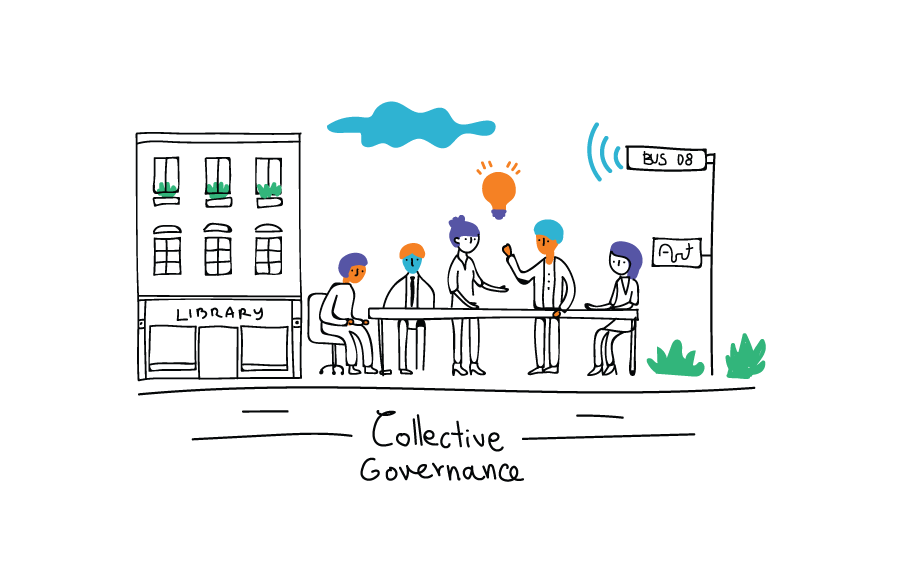
From Strong to Strong
Co-Gov
This is more clearly structured, there are known points of contact and good cooperation.
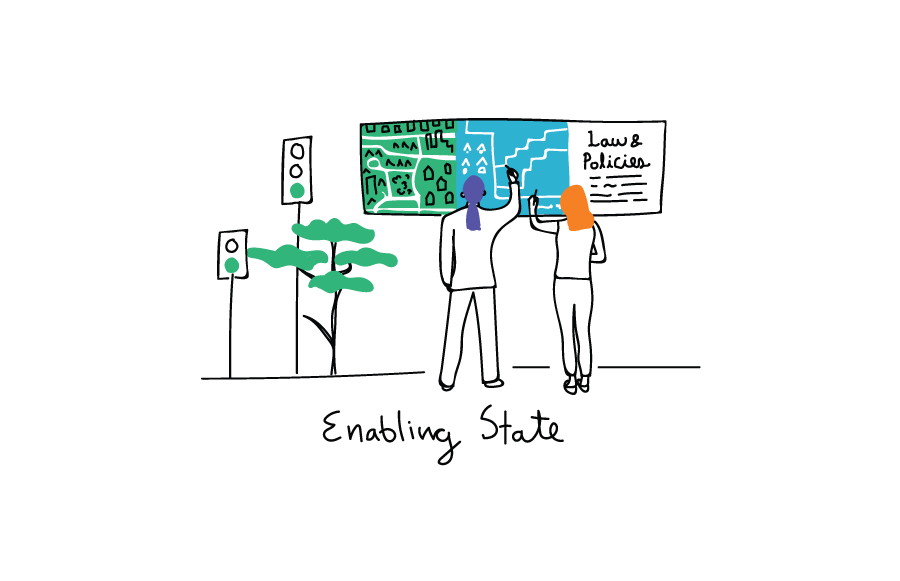
From Strong to Strong
Enabling State
The State plays a facilitating role, we support the actions of the commons, but do not decide on them.
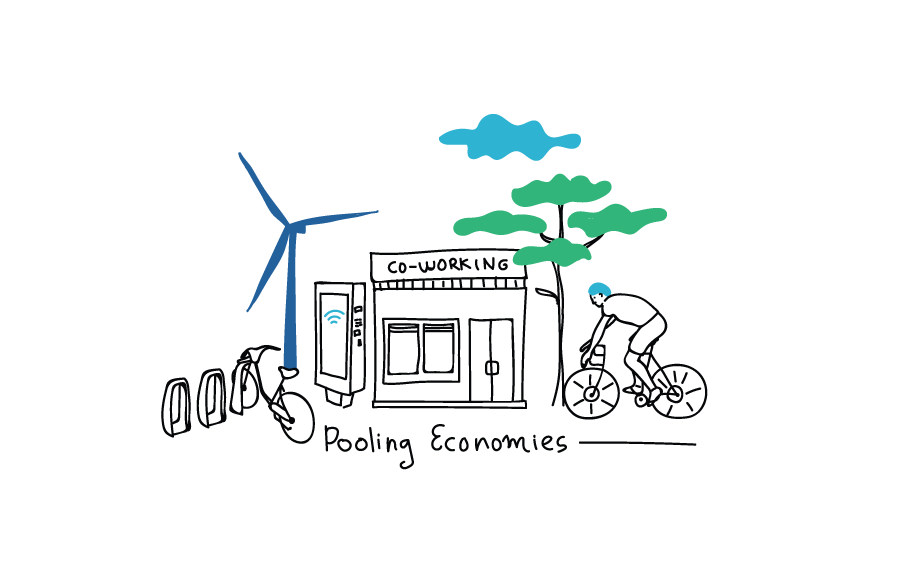
From Moderate to Moderate
Soc&econ Pooling
Working on it, but not finished yet.
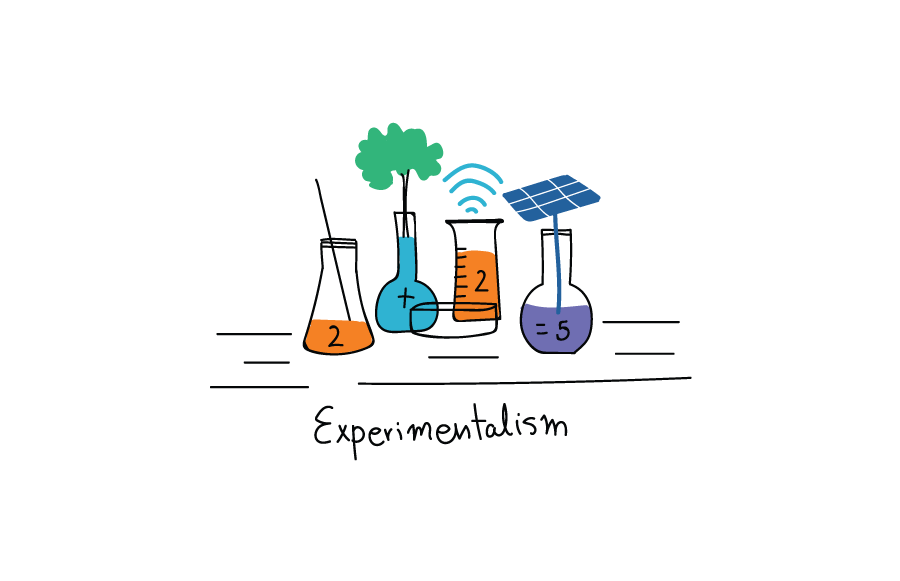
From Strong to Strong
Experimentalism
We dare to make space for experimentation. Our commons do it, but the city itself also dares to be innovative in its rules and regulations.
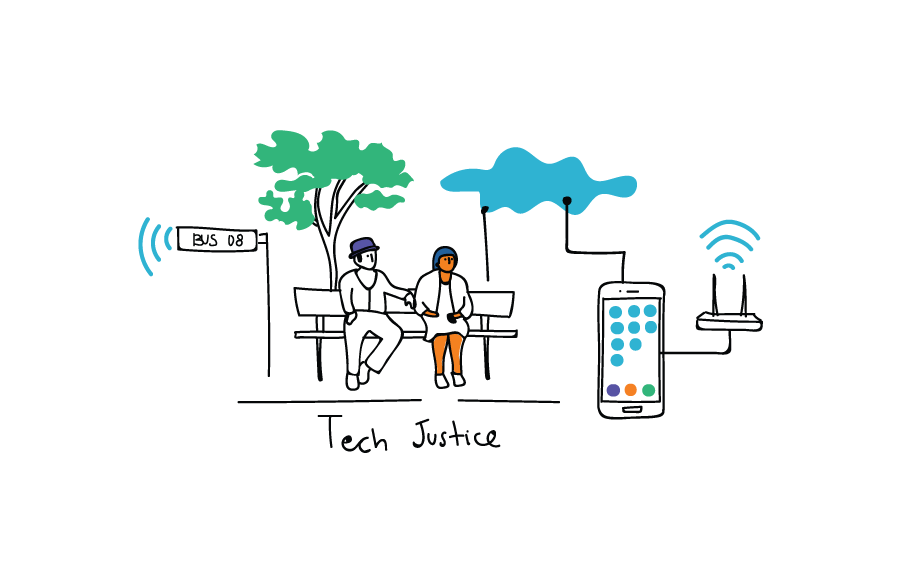
From Moderate to Moderate
Tech Justice
Certainly thanks to Covid, we have made great leaps forward here, but we cannot say that we are already reaching everyone by digital way; a number of basic conditions (e.g. everyone has access to a digital device) have not been fulfilled yet.

From Strong to Strong
Co-Gov
This is more clearly structured, there are known points of contact and good cooperation.

From Strong to Strong
Enabling State
The local authority has coordinated the activities of the ULG, providing some resources (human resources, assets).

From Moderate to Moderate
Soc&econ Pooling
Working on it, but not finished yet.

From Strong to Strong
Experimentalism
We dare to make space for experimentation. Our commons do it, but the city itself also dares to be innovative in its rules and regulations.

From Moderate to Moderate
Tech Justice
Certainly thanks to Covid, we have made great leaps forward here, but we cannot say that we are already reaching everyone by digital way; a number of basic conditions (e.g. everyone has access to a digital device) have not been fulfilled yet.
Do you what to know more about Ghent?
Read all the details of the journey with the city of Ghent.
